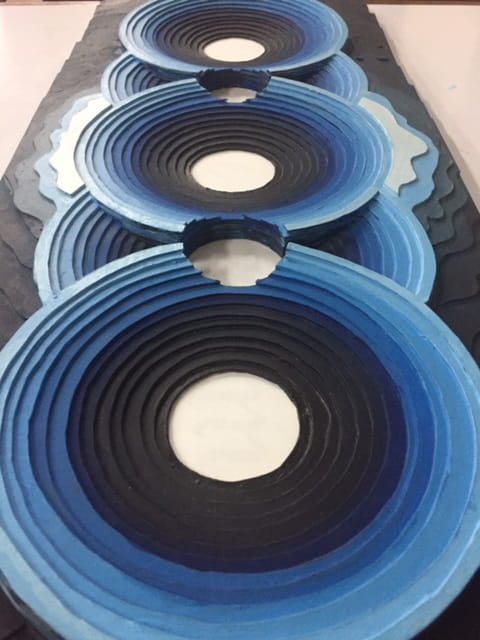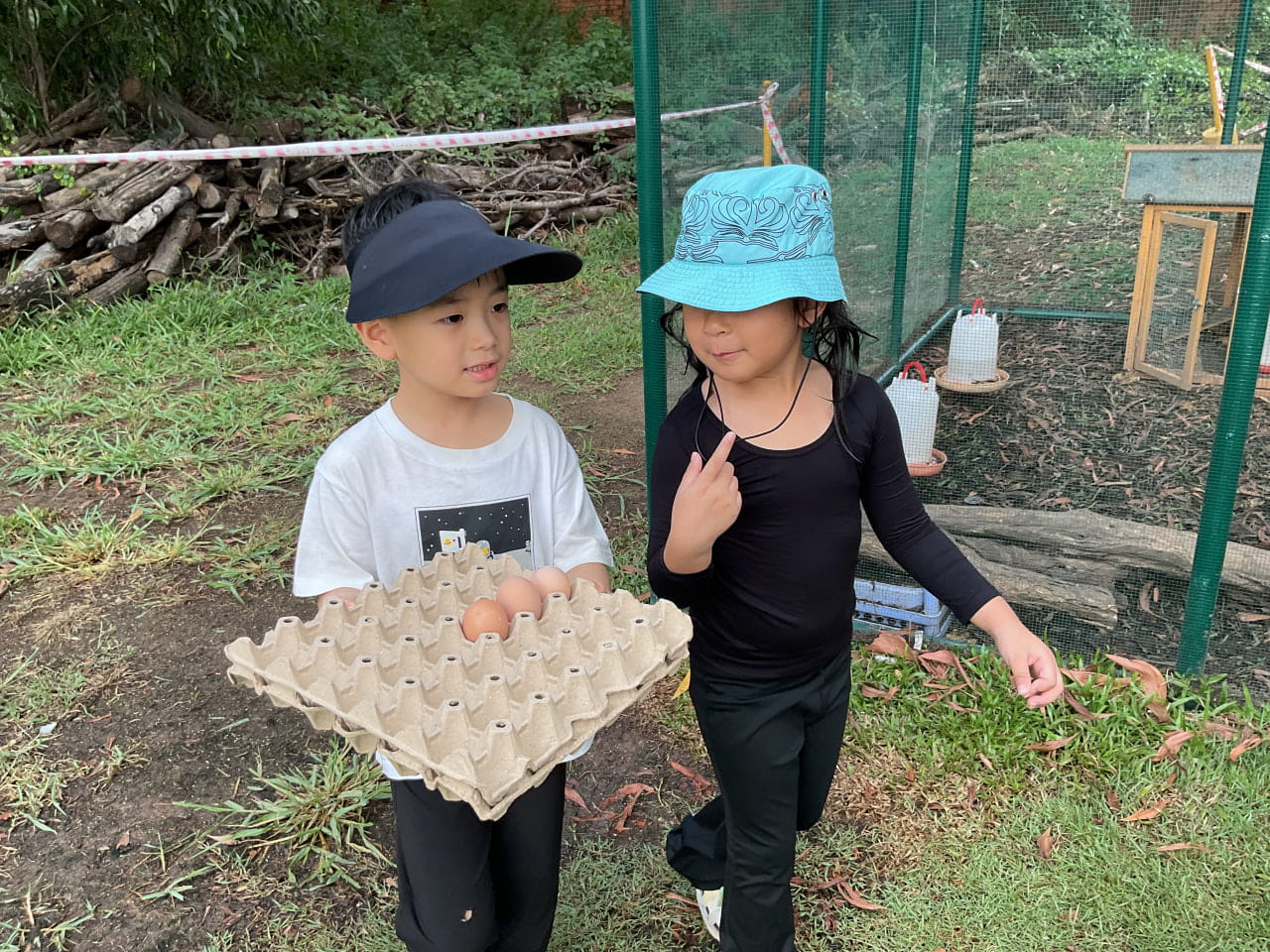Understanding the importance of a growth mindset for our young mathematicians at Northbridge This year I have the wonderful opportunity to support the development of mathematics in the Primary school at Northbridge International School Cambodia. I am following on from Bissy Groom and Miri Koliada who have supported the school to implement an inquiry-based approach. I wanted to share with the community what I have discovered and understood from this strong beginning in our school and a mathematician I turn to for a lot of my inspiration: Dr Jo Boaler (Professor of Mathematics Education, Stanford University).
This year I have the wonderful opportunity to support the development of mathematics in the Primary school at Northbridge International School Cambodia. I am following on from Bissy Groom and Miri Koliada who have supported the school to implement an inquiry-based approach. I wanted to share with the community what I have discovered and understood from this strong beginning in our school and a mathematician I turn to for a lot of my inspiration: Dr Jo Boaler (Professor of Mathematics Education, Stanford University).
What is Maths?
This was the first thing I considered. I know how I learned maths (lots of equations and rules to follow), but I wondered what had changed since my own schooling. It turns out a lot has changed.
A lot of research has been done regarding maths and the brain. The most important findings are around making mistakes and how you see yourself as a learner. When you make a mistake as a learner your brain grows more than when you get an answer correct. This is because when your brain has to struggle to overcome something new, connections are made. Connected to this idea of making mistakes is how you see yourself as a learner.
Those students who have a fixed mindset (believe they either are or are not maths people) tend to show less growth over their schooling than those who have a growth mindset (think that with practice and effort they can achieve great results). You can find out more about these mindsets by watching this TED Talk by Carol Dweck (the pioneer of fixed and growth mindsets).

This research has helped develop what we would expect to see in the classroom. Now the focus has shifted to understanding maths rather than remembering. Students are now encouraged to ask questions about the maths world around them. Questions are where the maths begins. It shows engagement and curiosity about the world around them.
Maths is now a time to make connections, find patterns, draw, discuss, explain and create solutions. Maths is now a time to think slower to think more deeply. Speed can be helpful but taking your time is important. Maths is now a time to visualise rather than just remember. Maths is a time to explore possibilities and strategies.
These ideas, and the work put in place already, led us as a Primary school to prioritise the understanding of mathematical mindsets for the first two weeks of school. We have spent this time challenging students to understand and experience the four pillars of a successful mathematician. Being curious, being collaborative, being resourceful and being resilient.
These four ‘mindsets’ are such fantastic resources for our students to have. We have realised the importance of these not just as learners, but also as people outside of school. It would be wonderful if you spent some time with your child and talked to them about how they have shown these ‘mindsets’ in maths and any area of their life. Sharing experiences together is a great way to promote this learning.
If you would like to find out more about Jo Boaler and have some resources to support your child at home you can visit these websites (https://www.youcubed.org/ and https://nrich.maths.org/).










